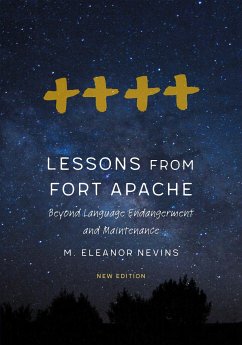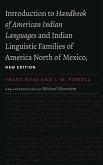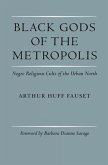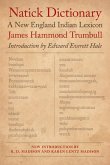Lessons from Fort Apache is an ethnography of indigenous language dynamics on the Fort Apache reservation in North America with implications for global concerns over language endangerment. Moving beyond a narrow focus on linguistic documentation, the author examines the ways in which the linguistic and cultural identities of indigenous populations are attributed with meaning against yet other sociocultural concerns and interests. While affirming the value of language documentation and maintenance, Nevins also provides a much-needed appraisal of the potential conflicts in authority claims and language practices bet The author argues that the debates surrounding the revitalization of indigenous languages need broadening to include larger questions of social mediation, shifting cultural identities, and evaluation of the politics intrinsic to the relationship between indigenous community members and university-accredited experts like language researchers and educators. This engaging ethnography examines these questions, and investigates the language dynamics of the Fort Apache Reservation, including unintended challenges that standardized textual models can sometimes pose to local interests. Nevins reveals the community's historical and contemporary concerns for language documentation, maintenance, and revitalization. Her text provides perceptive commentary on the need for language maintenance programs and for flexibility in finding politically sustainable forms of collaboration and exchange between researchers, teachers, and those community members who base their claims to an indigenous language in alternate terms.
Hinweis: Dieser Artikel kann nur an eine deutsche Lieferadresse ausgeliefert werden.
Hinweis: Dieser Artikel kann nur an eine deutsche Lieferadresse ausgeliefert werden.








